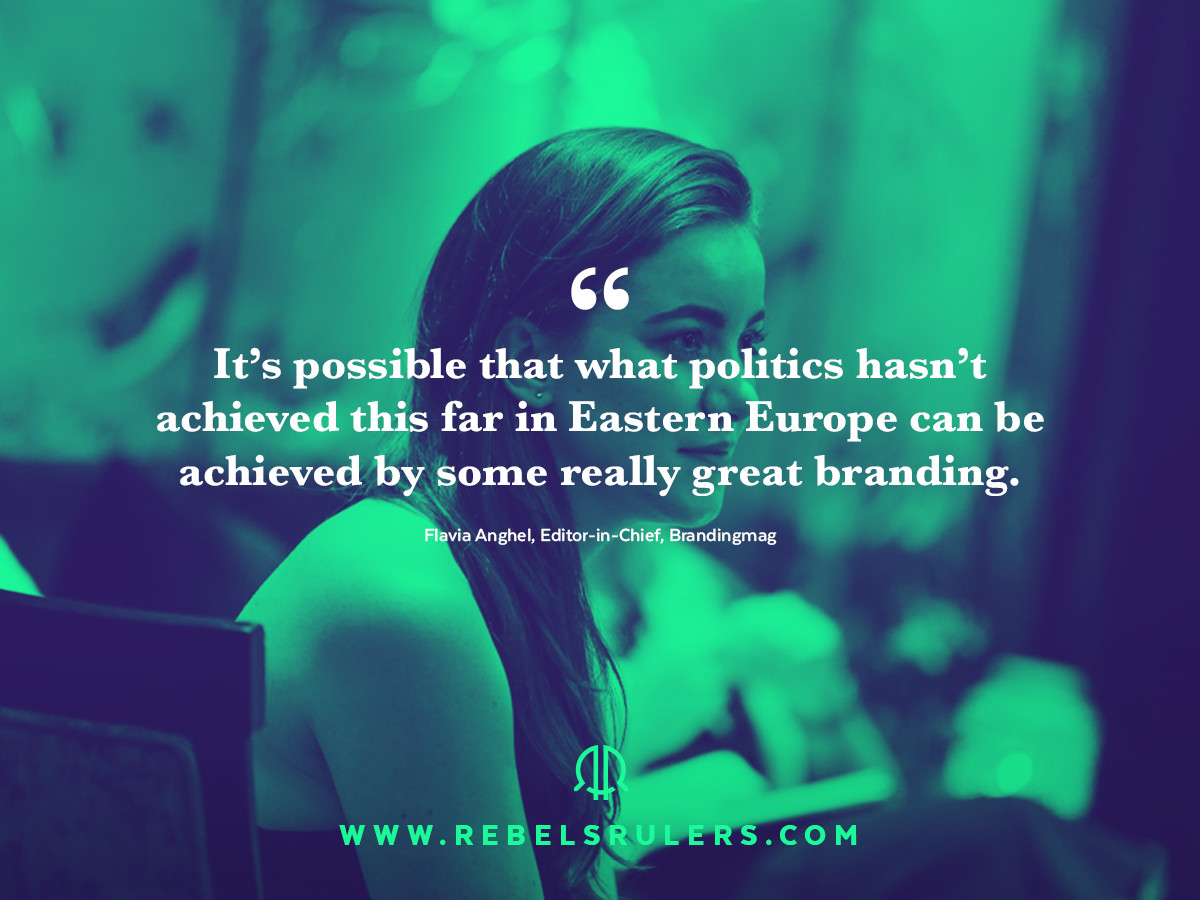
It is a tremendous thing to target an entire country for change. As it has been done in the past – whether for technological change, governmental change, or even spiritual change – the mere scale of such an action invokes an immense amount of effort. Like when the British brought the technology of ships and trains to Japan or when Napoleon spread the Civil Code throughout Europe. Armies and armadas moved knowledge to make it happen.
But today, because of the speed of information, many people have come to falsely believe that distance is no longer an issue when it comes to understanding the progressive ways of other cultures. They assume that if someone has achieved something amazing in an industry and has commenced the success of a lifetime, then automatically all people in that industry should hear about it. Assumption born, of course, out of the process of globalization that pleads “business is business“ no matter the culture.
But what happens when that industry is branding – the industry that helps propel all other industries?
One can argue that you can only measure its success, really, by the success of other industries.
The truth, however, is that something can happen here which many did not foresee. Brand leaders from many different industries coming together in one country and opening their knowledge to an unexpecting population – could this be a way to change entire nations? When, for example, the only thing standing between an Eastern European producer and an international market is his/her understanding of quality branding, yet no one around jumps to offer their experience because they are too busy figuring out their own strategy…
The situation becomes rather peculiar when branding becomes a sort of patented, secret technology that no one wants to share in fear of increasing their competition. Though understandable in a saturated market, this mindset is the enemy of startup nations. Take, for instance, the brand that the Queen of England and her son are so fond of: Transylvanian honey. According to a report published by Forbes magazine in 2017, Romania is the largest exporter of honey in the whole European Union, with 80% of those exports taken as raw material by German brands.
Now, the question is: Is it possible to show Romanian producers that Romanian brands could directly open their businesses to foreign markets?
The answer is yes!
Many complain about the dominion of foreign brands over local businesses, but how businesses act and present themselves to the world is entirely in their own hands. If they want the responsibility of distributing their products worldwide without going through others to do so, then they must apply the subtleties of good branding to earn the trust of their consumers. Which is the same as earning the trust of their community – something impossible to do without understanding it, interacting with it, and showing it honesty and sincerity through transparency. The technology of our time makes all of this possible, even for the individual. And, while it’s easy to assume that the trust already built between brands and people somehow offers newcomers the benefit of the doubt, the fact is that it doesn’t.
You must establish your own, and branding can show you how.
Read more from our founder, Flavia Anghel, here.
